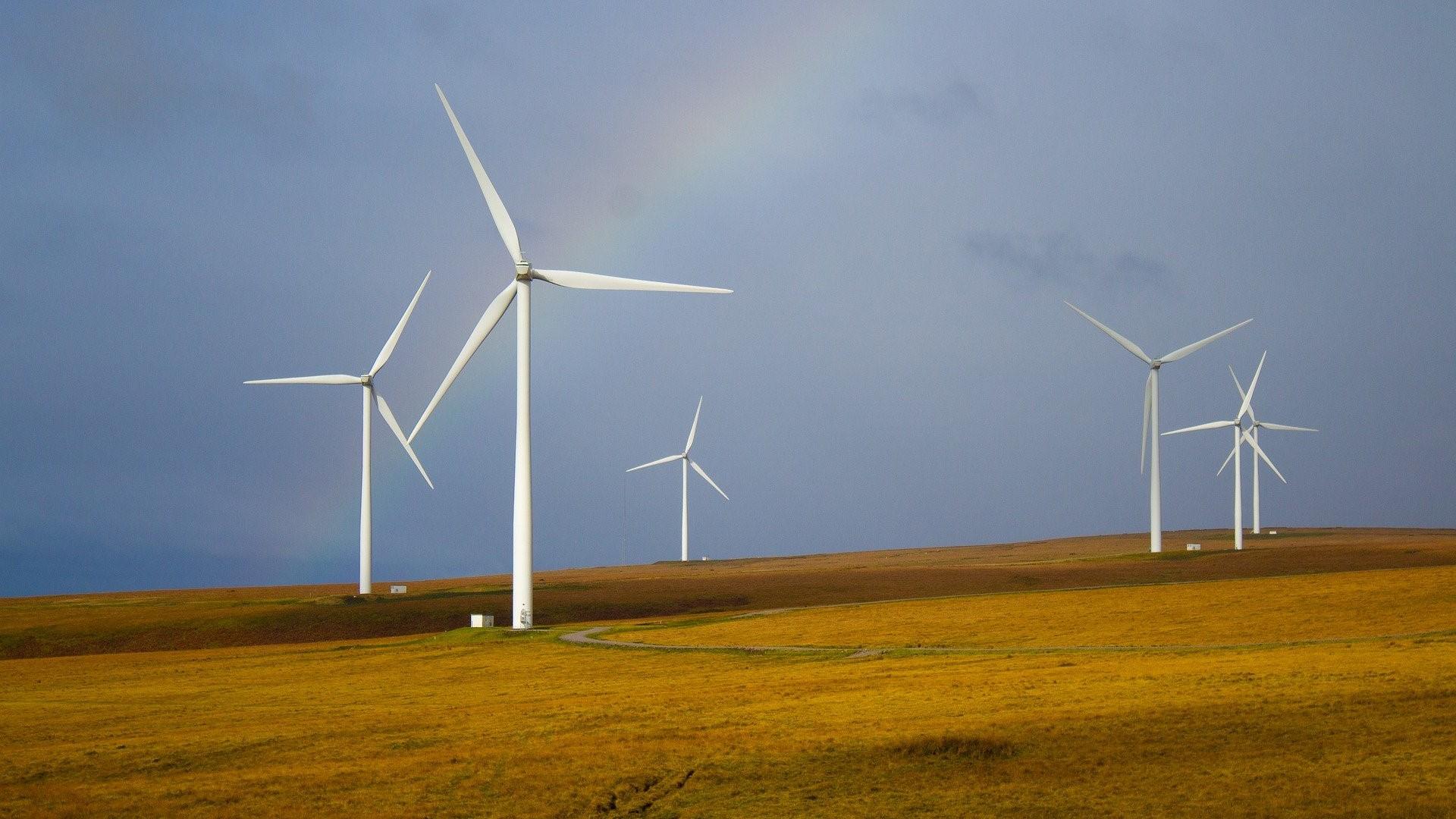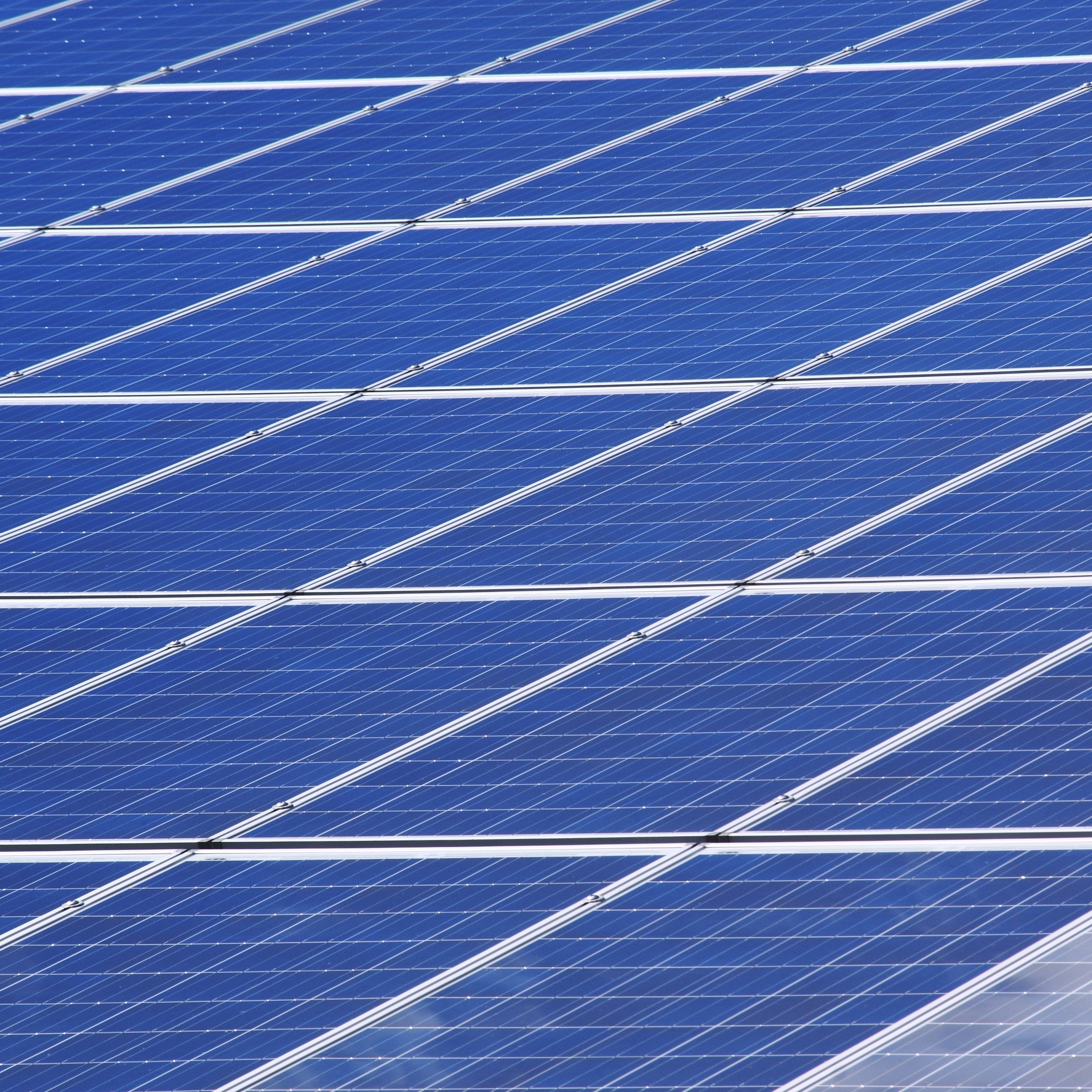
Geoscience is essential for the green energy transition: from location of energy sources through to their safe, reliable extraction, use and subsequent disposal or recycling of wastes.
In a changing world, geoscience plays a vital role in the effort to build resilience by improved management of natural resources, for instance land, energy, water, minerals. Read more about our work on renewables and critical metals below.
Critical metals for the green energy transitionAt Cambridge, our researchers are engaging with the transition to Net Zero in the form of research into the critical metal resource formation and responsible extraction. Read more here. |
|
Exploring solutions for the geo-disposal of radioactive wasteNuclear energy is a low-cost and reliable source of energy with a very low carbon footprint, and for these reasons is likely to be a key player in the green energy transition. Our scientists are testing the conditions under which nuclear waste can be safely stored underground. Read more here. |
|
Using the latest technologies to ensure safe disposal of radioactive wasteMeet our PhD student, Emma Perry, who is part of a team using the latest techniques in atomic-scale imaging to study how nuclear waste breaks down over time. Read more here.
|



